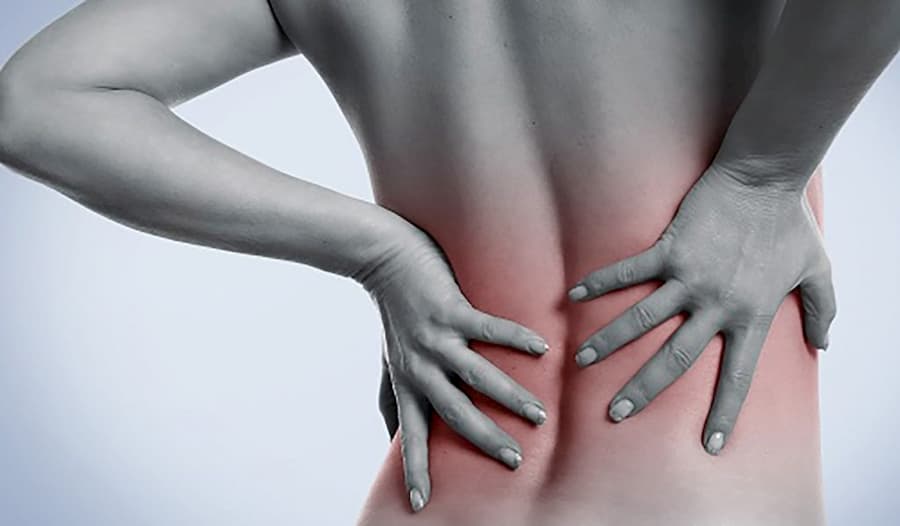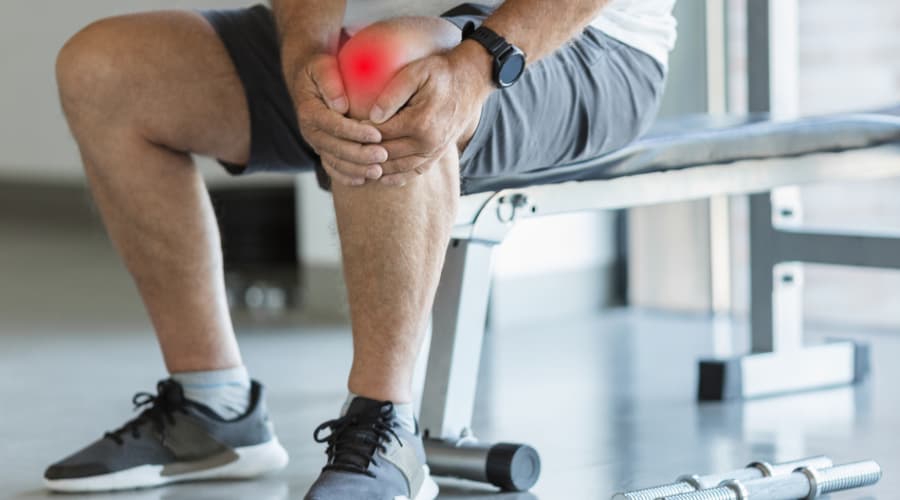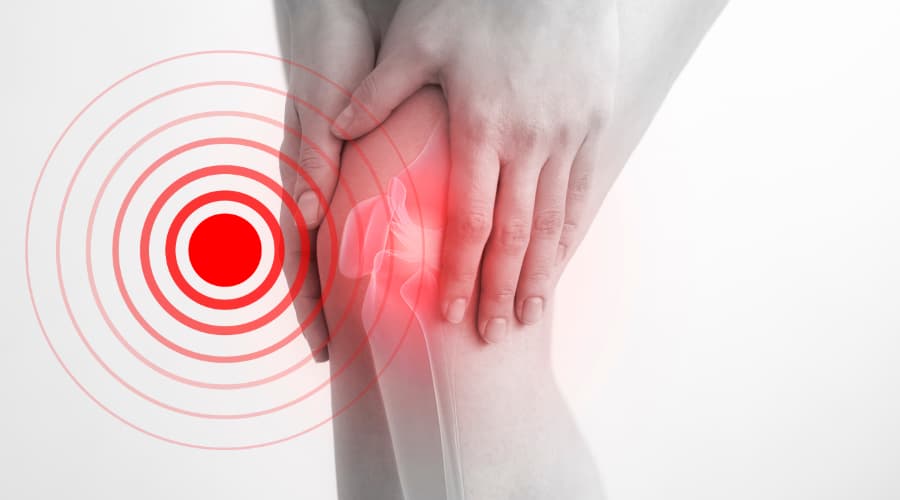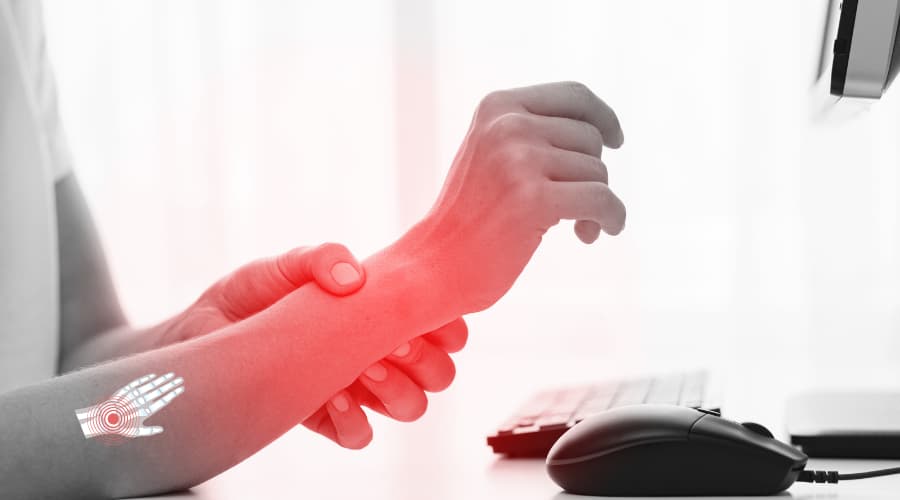Testosterone is a reproductive hormone that’s found in the bloodstream of both men and women. It gets produced by the testicles and adrenals glands in males. However, the testicles are responsible for the production of most of this hormone.
Low testosterone levels can cause several problems in men, such as erectile dysfunction, impotence, and muscle atrophy. We can treat this condition with testosterone replacement therapy. With that said, you should try to identify the cause of low testosterone to avoid future relapses.
First, we need to cover some common symptoms of low testosterone levels.
What is testosterone replacement therapy?
Testosterone replacement therapy (TRT) is a hormone therapy used to treat men with low testosterone levels.
Your healthcare professional can administer TRT in several ways, including gels, patches, injections, and pellets placed under the skin.
TRT is typically recommended for men with low testosterone symptoms, such as low sex drive, erectile dysfunction, fatigue, and decreased muscle mass. Some research supports the use of TRT for depression and osteoporosis.
What are the expected levels of testosterone?
The normal range of testosterone levels in adult men is generally between 300 and 1,000 nanograms per deciliter (ng/dL). However, this range varies depending on the laboratory performing your test.
Some experts also consider a range of 240-950 ng/dL normal. It is important to note that testosterone levels can fluctuate during the day, with levels highest in the morning and lowest in the evening.
Certain factors, such as obesity, sleep disturbances, and medications, can all affect testosterone levels.
Make sure to consult with your primary care physician to determine if your testosterone levels are within the normal range and to evaluate any symptoms or concerns related to testosterone levels.
How do you know if you need testosterone replacement therapy
While most people think of testosterone as a hormone that uniquely influences the reproductive system, it is more important than that!
Testosterone plays a significant role in men’s health, giving them many male characteristics, such as hair growth, strong bones, and lean muscle mass.
Here are the most common symptoms seen in patients with low testosterone levels:
Erectile dysfunction
Erectile dysfunction is a common finding in patients with hypogonadism. However, your physician will ensure it’s not the result of another underlying disease and, most importantly, not psychogenic.
Decreased libido
Testosterone is the hormone that increases sex drive in men, so it would make sense for low testosterone levels to cause decreased libido.
Hair loss
The hair pattern in some regions of the male’s body results from testosterone. For instance, having chest hair, a beard, and a moustache, are all the results of high testosterone levels.
Thus, hair loss in regions that used to be hairy can point your physician toward the diagnosis.
Infertility
The Leydig cells in the testicles need a signal from testosterone to produce sperm. Hypogonadism will cause the number of sperm cells to drop.
While infertility could have several causes and may be secondary to other medical conditions, low testosterone is always on the list of differential diagnoses.
Fragile bones
Osteoporosis is a low bone mineral density (BMD) condition. Consequently, you may experience fractures after minimal trauma.
Typically, a small amount of testosterone transforms into estrogen, a well-established bone protector. However, your body won’t sacrifice it to produce estrogen when you’re already dealing with low testosterone levels. As a result, your bones become fragile, and fractures follow.
Muscle atrophy
Testosterone is essential in the stimulation of growth hormones to induce muscle growth. Its absence produces the exact opposite result – Muscle atrophy.
Fatigue
Testosterone is indispensable for producing energy and the metabolism of macronutrients. Most patients with hypogonadism experience unexplained fatigue early on in the disease process.
Unfortunately, this symptom is highly unspecific, which can trick physicians into missing the diagnosis.
Decreased mental acuity
Testosterone receptors are spread throughout the body, including the brain. This hormone stimulates mental vigilance and concentration.
For this reason, low testosterone levels will make the patient feel “slow”.
Mood swings
Also a common symptom of hypogonadism, mood swings affect men when their testosterone levels are low.
As you may expect, this symptom can be overlooked very easily.
Frequently Asked TRT Questions (FAQs)
Who is a candidate for TRT?
TRT is typically recommended for men who have symptoms of low testosterone.
How is TRT administered?
TRT can be administered in several ways, including gels, patches, injections, and pellets placed under the skin.
What are the side effects of TRT?
Common side effects of TRT include:
- Acne
- Breast enlargement
- An increase in red blood cells
TRT may also increase the risk of prostate cancer. This is why it’s essential to have regular check-ups with your doctor.
Is TRT safe?
TRT is generally safe when used under the supervision of a certified healthcare professional. However, as with any medical treatment, there are risks and potential side effects.
Can TRT increase muscle mass?
TRT may help increase muscle mass in men with low testosterone levels. With that said, you should not use TRT as a muscle-building supplement. Exercise and diet are at the core of muscle hypertrophy.
Can TRT restore sex drive?
TRT may help to increase sex drive in men who have low testosterone levels.
Note that decreased libido could be the result of numerous conditions. Therefore, visiting your doctor for a comprehensive diagnostic plan is best.
How long do the effects of TRT last?
The effects of TRT can vary depending on several factors, including:
- The patient himself (anatomy, physiology, personal traits)
- The method of administrating the drug
- The dose
Generally, testosterone levels will improve within a few weeks of starting treatment.
Related Articles
- The Potential of Testosterone Replacement Therapy: Benefits, Risks, and Myths
- P-Shot Treatment for Erectile Dysfunction
- Understanding the Link Between Testosterone and Erectile Dysfunction
- Understanding the Signs and Symptoms of Low Testosterone Every Man Should Know About
- Shockwave Therapy as a Treatment for Erectile Dysfunction




